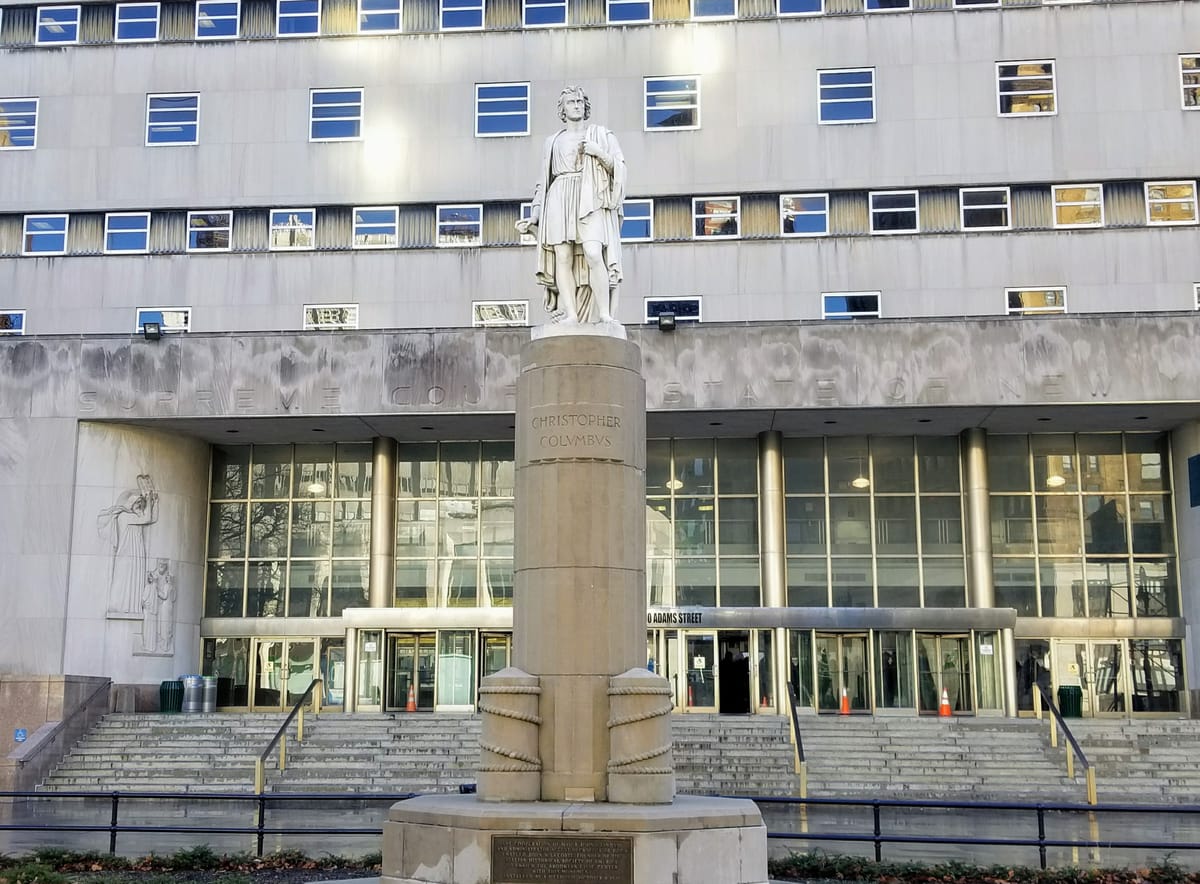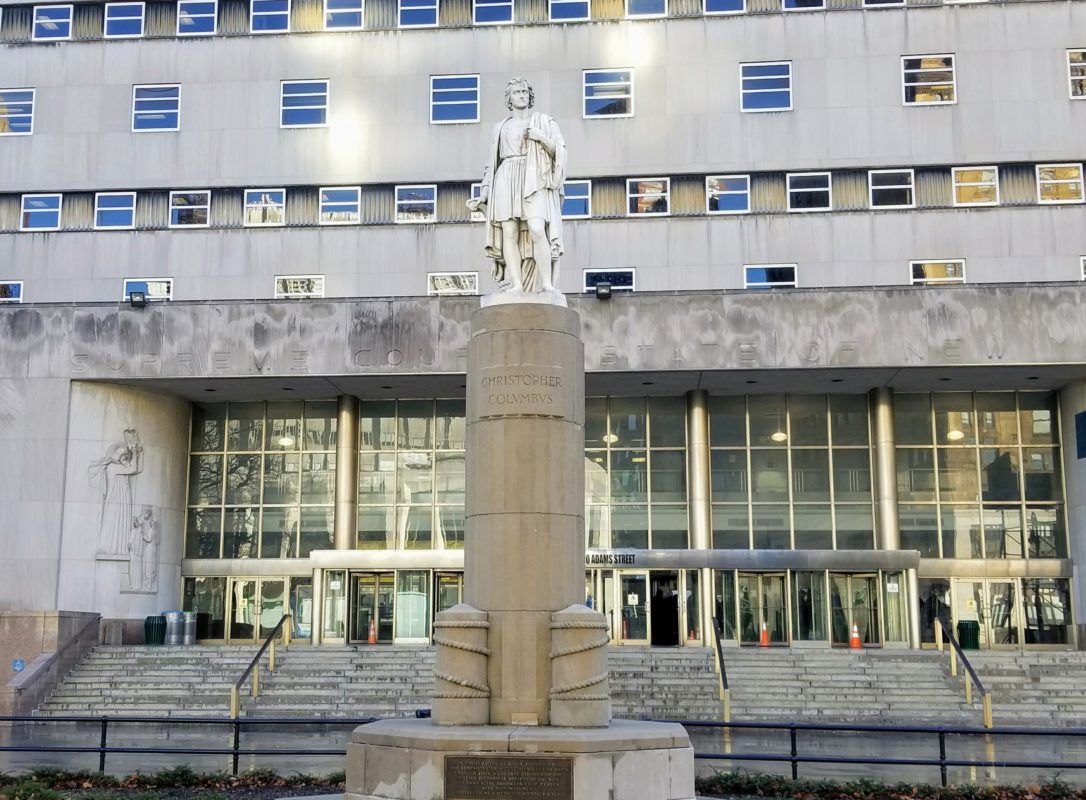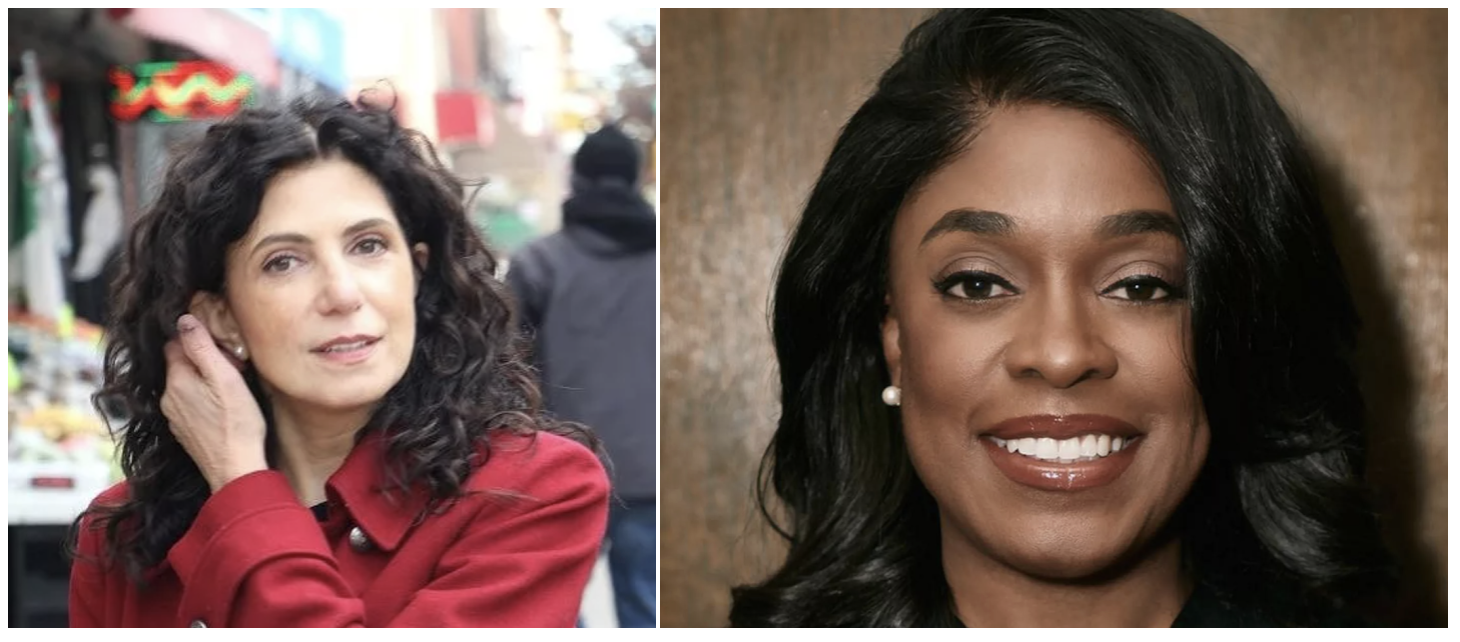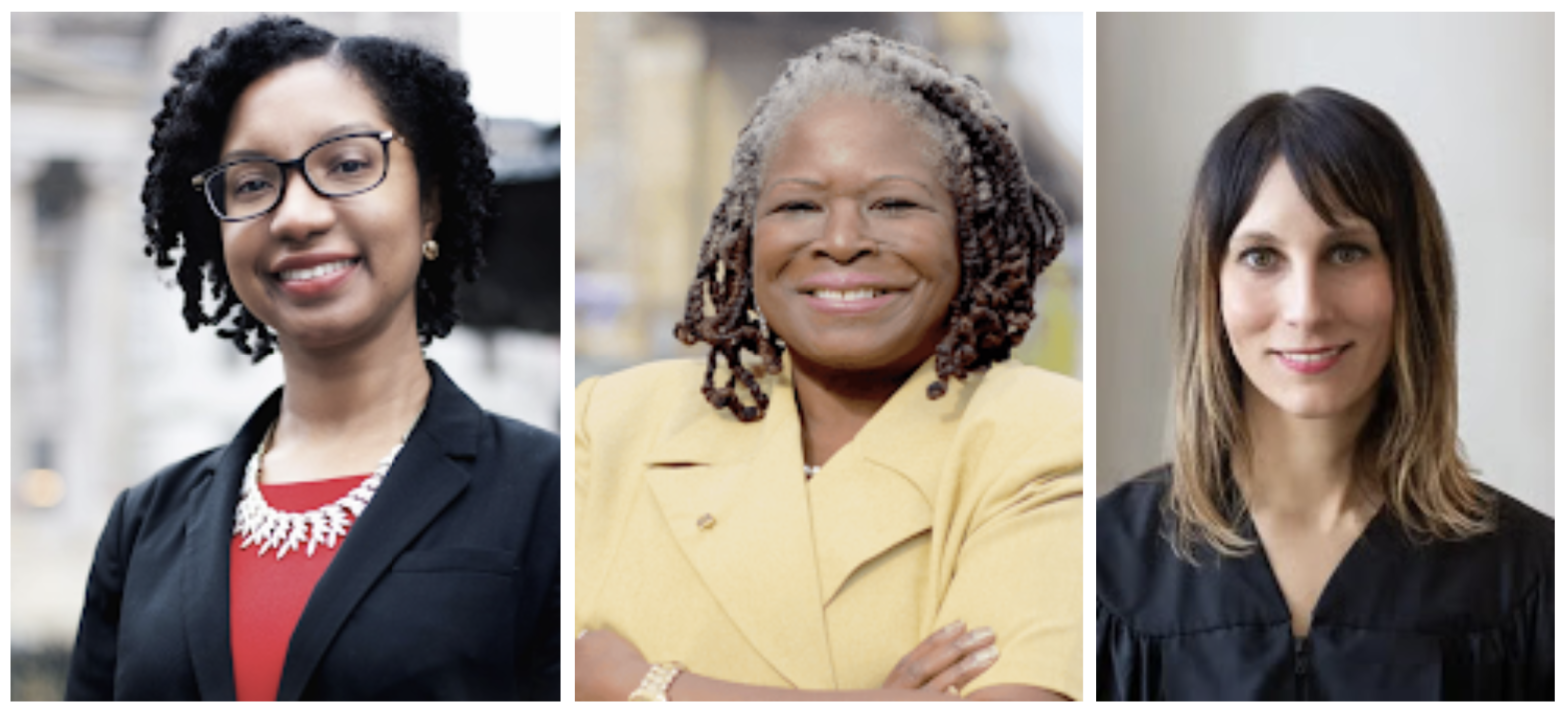Understanding Brooklyn’s Judicial Races: Part 1

The city’s June 22 primary elections are coming up fast, and in a city as overwhelmingly Democratic as New York, the primary is often tantamount to election.

Much of Brooklyn’s current crop of office-holders are barred by term limits from running for reelection; registered Democrats in Brooklyn this year will be voting in competitive primaries for Mayor, Comptroller, Borough President, and most of the borough’s City Council seats, as well as more foreordained elections like those for Public Advocate and certain Council seats. Hundreds of candidates with thousands of volunteers flooded the streets seeking petition signatures to secure their place on the ballot in March.
Yet, every election cycle, another set of elections goes largely unnoticed, by voters and even by the press, and on primary day New Yorkers go into the voting booth and bubble in a vote for candidates they likely know nothing about. Often, they don’t even have a choice in the matter, with voters being asked to select the same number of candidates as are being offered in the first place.
We’re referring, of course, to the city’s judicial elections. The elections are often non-competitive, and voters often know little to nothing about the candidates, or even the role of each court. That confusion is compounded by a confusing electoral system that has some judges run in traditional primaries, while others are selected at judicial nominating conventions controlled by county party organizations.
The city’s judgeships are perhaps the last domain where old-school machine politics and patronage continue to reign supreme. Nominees for State Supreme Court are chosen at judicial nominating conventions that are usually little more than performance: delegates to the convention, who are selected by voters, are often the party organization’s handpicked choices, who then defer to leadership at the convention.
This year, five judgeships on the city’s Civil Court and one on Surrogate Court are up for election in Brooklyn. Those positions will most likely be decided in the June 22 primary: in heavily Democratic Brooklyn, winning the Democratic primary is essentially equivalent to winning the election. In the general election, candidates often run on multiple parties’ ballot lines, with the county Democrats and Republicans often even coalescing on the same candidate.
Surrogate Court
Surrogate Court deals with the probate of wills and estates, mediating legal disputes between beneficiaries of wills and determining how to best distribute the assets of those who die without wills.
The Surrogate Court bench is a prime position to hand out patronage positions, most notably the Public Administrator position, essentially the executor of estates for those who die without a will. The judges on the bench select the Public Administrators, as well as their legal counsel, often allowing party-connected attorneys and firms to land the plum position.
Brooklyn and Manhattan each have two judges sitting on the Surrogate bench; Queens, the Bronx, and Staten Island each have one. The judges serve 14-year terms.
Judge Harriet Thompson was elected in 2018 to the Brooklyn bench. The other, Judge Margarita Lopez Torres, assumed office in 2006 and won reelection in 2019, but is retiring this year.
Two candidates are running for the Democratic nomination to replace Lopez Torres.

One is Dweynie Paul, a Civil Court Judge first elected in 2015 with the backing of the Brooklyn Democratic Party. The other is Rosemarie Montalbano, a State Supreme Court Justice first elected in 2019 after having served on the Civil Court for five years, who is backed by reformist political clubs like the Independent Neighborhood Democrats (IND) and Central Brooklyn Independent Democrats (CBID).
Attorney Meredith Jones, who ran in 2019, also has an open campaign committee according to the State Board of Elections but does not appear to be campaigning.
As previously reported by Bklyner, a key difference between Paul and Montalbano is their stance on the Public Administrator role: Montalbano has expressed openness to a proposal by State Assemblymember Robert Carroll to move the responsibility for naming the Public Administrator from the Surrogate Court to the Mayor’s office, saying she would prefer to be “detached” from the role at a February forum. Paul, meanwhile, believes the position should remain under the discretion of the Court.
The Civil Court
New York City’s Civil Courts hear cases involving monetary disputes of up to $25,000. The city’s Housing Court is included under the Civil Court umbrella, but the judges on that bench are appointed by the state’s Chief Administrative Judge and do not compete in a primary. Judges serve 10-year terms.
The five vacancies arose after three judges were elected to Supreme Court, one reached the age of 70 years when judges must retire per the state constitution, and one is running for reelection to a new term after her current term expires this year.
For Civil Court, Brooklynites will get to select candidates for five different bench seats, with three being countywide, one being in the 2nd judicial district covering parts of Bed-Stuy and Crown Heights, and one being in the 7th judicial district covering parts of Bushwick and East New York. Only residents of each judicial district vote in the district races, even though the judges who win the seat hear cases from all over the borough.

The Kings County Democrats in February endorsed incumbent Civil Court Judge Sharen Hudson, who seems not to have an online presence, Housing Court Judge Heela Capell, and attorney Inga O’Neale for countywide seats. Attorney Casilda Elena Roper-Simpson is also a declared candidate for a countywide seat. Campaign finance records show that accounts were opened by Phillip F. Grant and Charles Finkelstein for Civil Court, but neither appear to be actively campaigning.
The Kings County Democrats have not, as of publication, endorsed any candidates in the district seats.

Candidates for the seat in District 2 include attorney Lisa Lewis, law clerk Lola Waterman, and public defender Marva Brown.

In District 7 the candidates for the seat are attorneys Carmen Pacheco and Keisha Alleyne.
The county party organization doesn’t exercise ironclad control over Civil and Surrogate Court elections to the degree it does over Supreme Court elections, but its influence remains undeniable, owing at least partially to the fact that the races are so low-profile, says Mariana Alexander, the President of the New Kings Democrats, a reformist political club.
“How do you even determine whether someone will be a good judge or not?” Alexander told Bklyner. “With city council, you know, does this person align with me on housing policy? You can’t really do that with judges.”
Alexander also noted that, since judges on lower courts like Civil and Surrogate often make the jump to Supreme, the watchful eye of the county Democrats still looms over judges contesting primaries.
“The parties have such complete control over the Supreme Court nominating convention that the public doesn’t have a say in, and that has a chilling effect on the Civil Court races,” Alexander said. “Anyone can run for Civil Court, if you meet the requirements. But historically, if you run for Civil without the party’s support, it would mean you would never be elevated to supreme because the party has a complete stranglehold on Supreme.”
Part two of this series in the coming weeks will more closely profile each candidate for judgeships this year. This story was made possible thanks to funding by the Center for Community Media’s 2021 City Elections Initiative.



